As technology continues to evolve, the contact center industry is undergoing a significant transformation. Artificial Intelligence (AI) is revolutionizing the way call center softwares operate, enabling businesses to provide exceptional customer service while improving operational efficiency. This article delves into the future of call center softwares by leveraging AI and explores the potential benefits of adopting AI-powered solutions.
The Role of AI in Call Center Softwares
AI technology has the potential to reshape various aspects of call center operations, from automated interactions to intelligent data analysis. Here are some key areas where AI is making a significant impact:
1. Virtual Agents:
AI-powered virtual agents, also known as chatbots, can handle routine customer inquiries and provide instant responses 24/7. By leveraging Natural Language Processing (NLP) capabilities, virtual agents can understand and respond to customer queries in a conversational manner, saving valuable time for both customers and agents.
2. Sentiment Analysis:
AI algorithms can analyze customer interactions, including voice conversations and chat transcripts, to gauge customer sentiment. This analysis helps contact center supervisors and managers understand customer emotions, identify potential issues, and take proactive measures to improve customer satisfaction.
3. Speech Recognition:
Advanced speech recognition technology allows AI systems to accurately transcribe and interpret voice conversations. This enables call center softwares to automate call categorization, extract valuable insights, and improve call quality monitoring.
Benefits of AI-powered Call Center Softwares
1. Improved Customer Experience:
AI-powered call center softwares offer personalized and efficient customer service, reducing wait times, and providing instant responses. Virtual agents can handle routine inquiries, freeing up human agents to focus on complex issues that require human intervention. This results in enhanced customer satisfaction and loyalty.
2. Enhanced Operational Efficiency:
AI automates various manual tasks, such as call categorization, data entry, and information retrieval, reducing agent workload and minimizing errors. This improves operational efficiency, enables agents to handle more calls, and streamlines overall contact center operations.
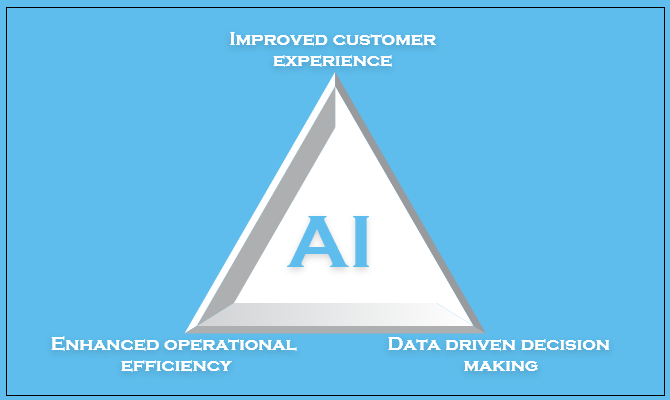
3. Data-Driven Decision Making:
AI-driven analytics provide valuable insights into customer behavior, preferences, and trends. Call center softwares can leverage this data to make informed decisions, optimize workflows, and identify areas for improvement. Data-driven decision making fosters continuous improvement and helps drive business growth.
The Future of Call Center Softwares with AI
The future of call center softwares lies in a seamless integration of AI technologies. AI will continue to advance, offering more sophisticated virtual agents, advanced speech recognition, and predictive analytics capabilities. Additionally, the integration of AI with other emerging technologies such as machine learning, natural language processing, and robotic process automation will further enhance contact center operations.
1. Advanced Virtual Agents:
AI-powered virtual agents will become even more intelligent, capable of handling complex customer inquiries and providing highly personalized responses. These virtual agents will possess a deeper understanding of customer preferences, historical interactions, and product knowledge, delivering an experience that closely resembles human interaction.

2. Continuous Learning and Improvement:
AI-powered call center softwares will leverage machine learning algorithms to continuously learn from customer interactions and improve performance over time. These systems will adapt and evolve based on customer feedback, enabling contact centers to deliver increasingly accurate and effective solutions.
3. Proactive Customer Engagement:
AI-powered call center softwares will leverage predictive analytics to anticipate customer needs and preferences. They will proactively engage with customers through targeted offers, personalized recommendations, and proactive issue resolution, enhancing customer satisfaction and loyalty.
4. Seamless Integration with Other Channels:
AI will facilitate seamless integration of contact center channels with other customer touchpoints, such as chat, email, social media, and mobile apps. This omnichannel approach will enable customers to transition between channels effortlessly while maintaining context, leading to a unified and consistent customer experience.
Conclusion
The future of call center softwares is being shaped by AI technologies that enhance customer experience, improve operational efficiency, and drive business growth. AI-powered virtual agents, sentiment analysis, speech recognition, predictive analytics, and optimized call routing are just a few examples of how AI is transforming contact center operations. By adopting AI-powered solutions, call center softwares can provide personalized, efficient, and proactive customer service, thereby gaining a competitive edge in the market. As AI continues to evolve, the possibilities for creating exceptional customer experiences in call center softwares are endless.

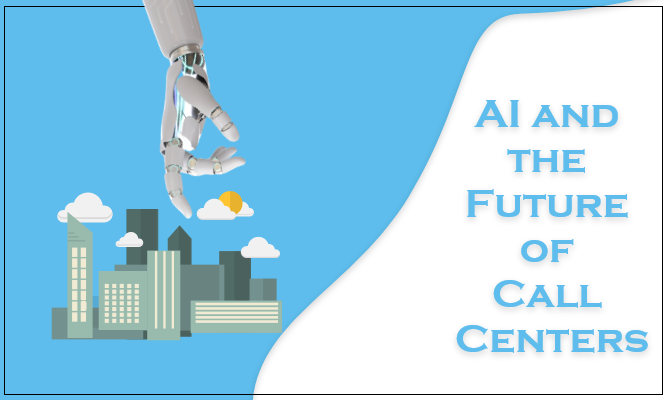




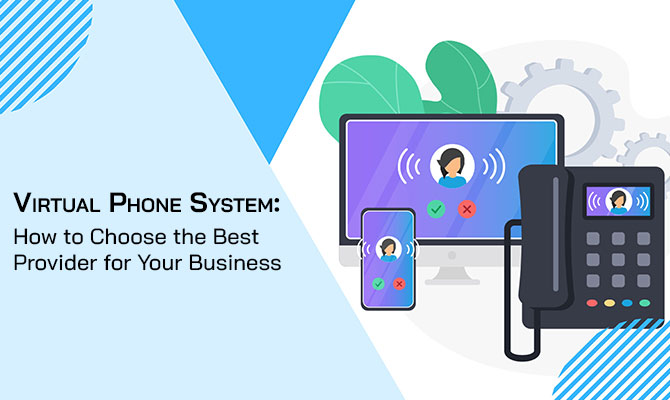














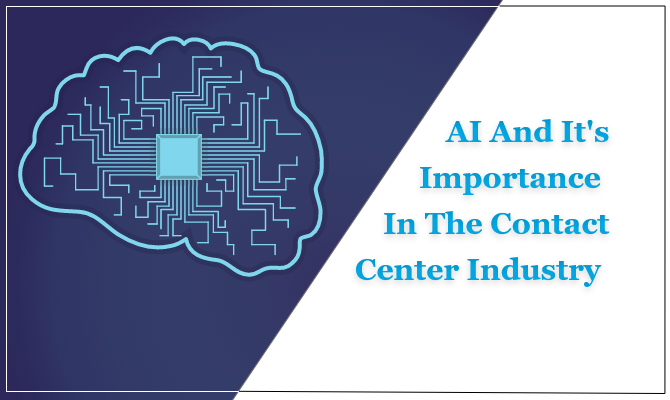



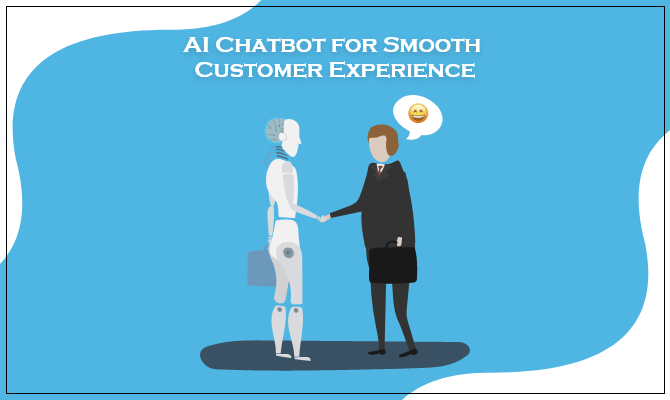

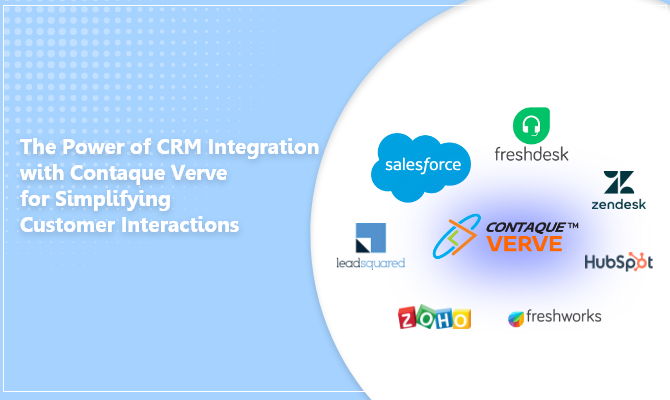

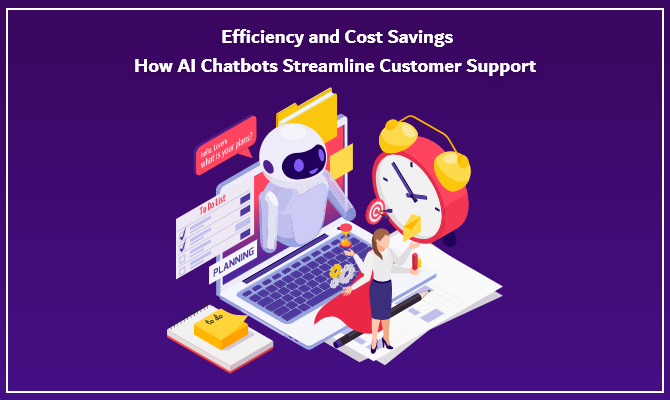


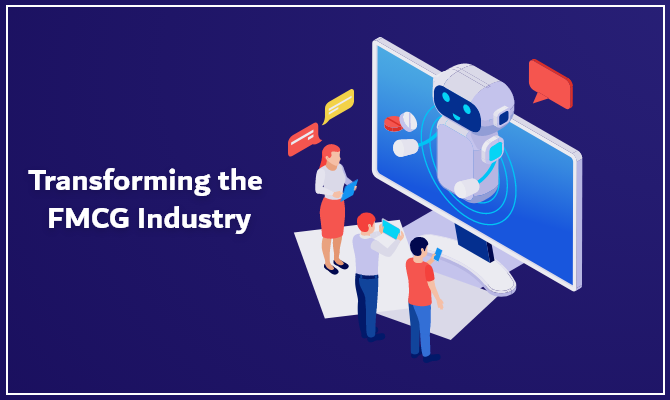




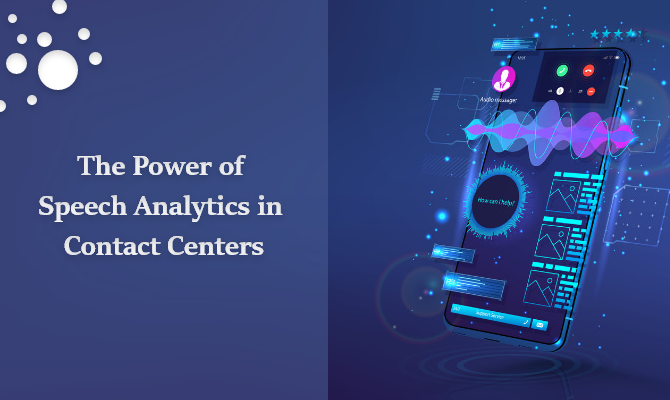
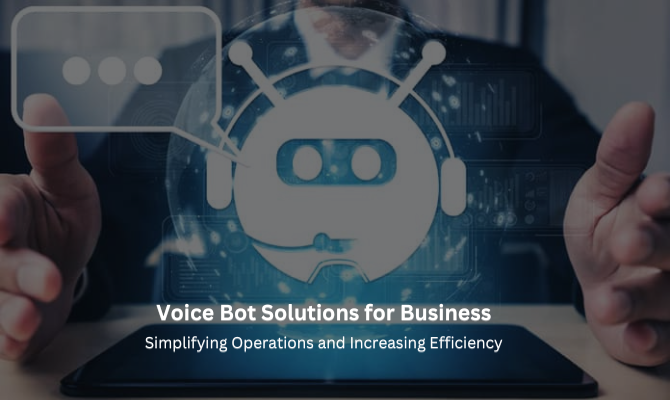

All Comments